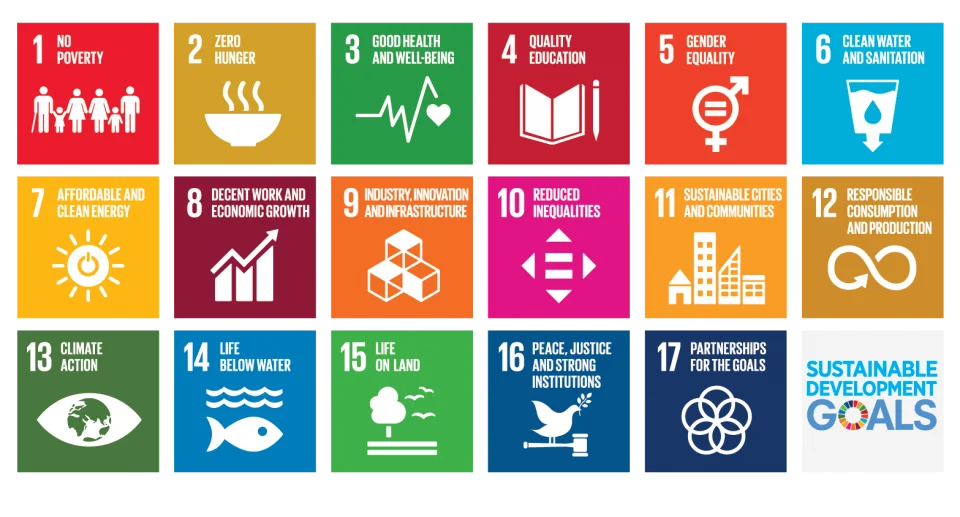In the heart of Kashmir, where mountains echo resilience and rivers whisper stories of loss, there exists a haunting silence — the silence of the half-widows. These are the women whose husbands have disappeared in conflict, leaving them trapped between hope and despair, between social identity and legal invisibility. For decades, they have waited, not just for their loved ones, but for justice, recognition, and their most basic human right — the right to property.
A Life Suspended Between Two Worlds
For a Kashmiri woman whose husband goes missing, life does not move forward. She is neither considered a widow nor treated as a wife. This in-between status — known as a “half-widow” — strips her of legal, financial, and emotional stability.
Under existing laws and societal norms, property rights depend heavily on the husband’s status — alive or dead. When his fate remains unknown, the woman remains in limbo. She cannot inherit land, transfer ownership, or claim her share. Bureaucracy hides behind technicalities, and families, at times, hide behind customs that deny women their due.
What begins as a personal tragedy becomes a systemic injustice — one that quietly erases the dignity and rights of thousands of Kashmiri women.
The Weight of Waiting
Many half-widows in Kashmir live decades without closure. They fight a daily battle — emotionally, financially, and socially. Without their husband’s death certificate, they cannot claim property, remarry, or even access government support in many cases.
In a region where conflict has redefined normalcy, these women remain invisible victims of legal loopholes and cultural constraints. Their struggles are not just about land or inheritance — they are about identity, belonging, and survival.
The law may speak of equality, but its silence on their plight is deafening. Without reforms that recognize the unique realities of half-widows, the promise of justice remains an illusion.
Society’s Role: Tradition or Suppression?
Beyond legal failure lies a deeper, more painful truth — the societal mindset. Many families deny half-widows their rights under the pretext of protection or reputation. They are told to wait “a few more years,” to stay silent, to remain patient.
But patience is not justice.
When a woman loses access to her home, land, or savings, she loses more than property — she loses agency. Denying her property rights is denying her independence, dignity, and voice.
A Call for Urgent Reform
It is time to break the silence.
Kashmir cannot claim progress while half-widows continue to be denied their legal and moral rights. Policymakers, activists, and society at large must step forward with courage and compassion.
-
Legal reforms must establish clear timelines for declaring missing persons and empower half-widows to claim inheritance rights without bureaucratic hurdles.
-
Community awareness must challenge traditional biases and encourage families to support women’s legal entitlements.
-
Civil society and NGOs must continue documenting their stories and advocating for their inclusion in public policy.
Every land right denied to a half-widow is a wound to justice. Every silence maintained is complicity.
The Human Cost of Neglect
Behind every statistic is a story — a mother raising children alone, a woman fighting for a roof over her head, a life left in uncertainty. The half-widows of Kashmir remind us that the cost of conflict is not only measured in lives lost but also in lives left behind.
Recognizing their property rights is not charity — it is justice long overdue. It is time the system saw them not as “half” of anything, but as full citizens deserving of dignity, rights, and peace.
Act Now — Because Justice Delayed Is Justice Denied
Let this not be another story forgotten in the pages of reports and policy debates. The women of Kashmir have waited long enough. It’s time to listen, to act, and to rewrite the laws of silence.
Their right to property is their right to exist.







